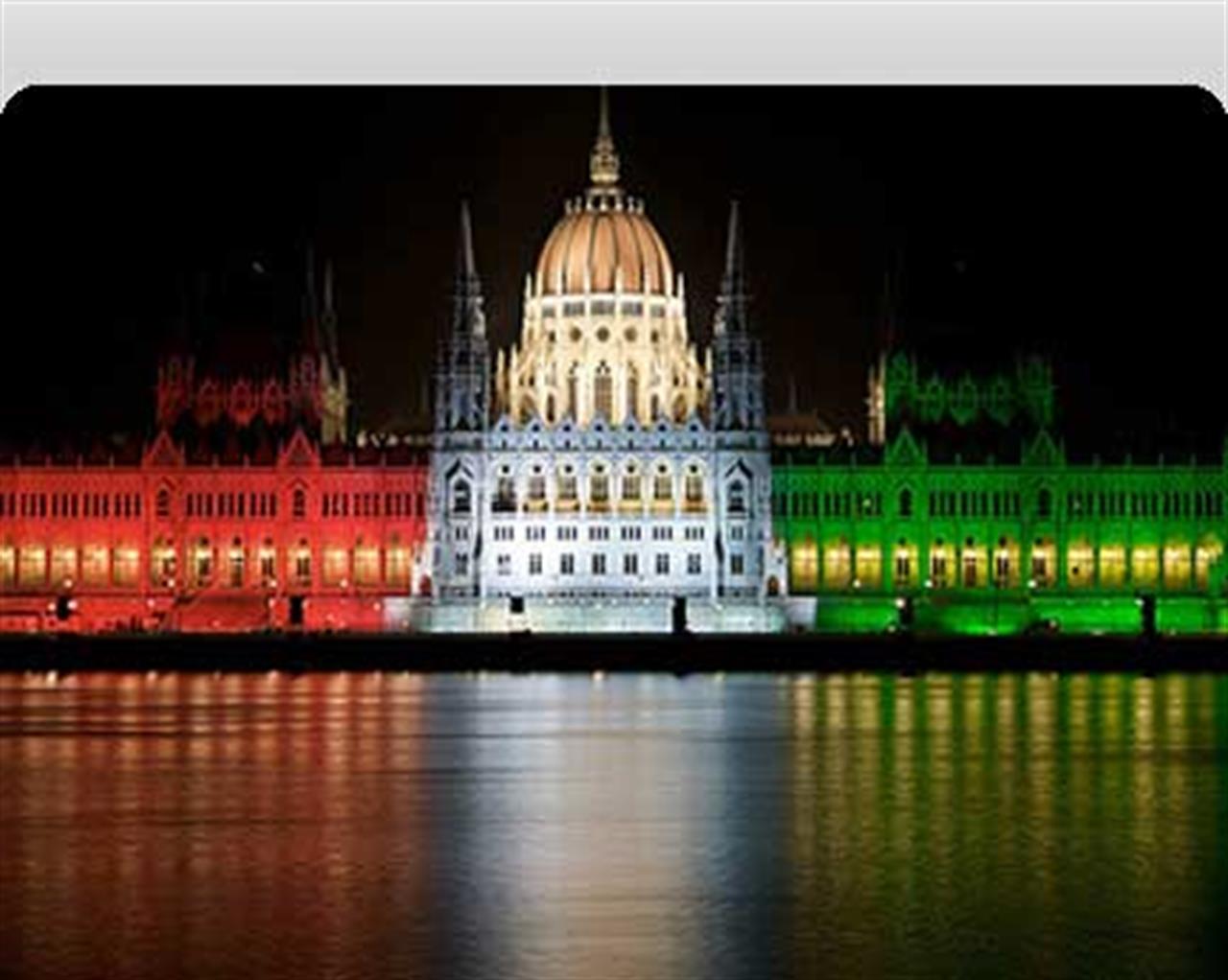Non profit
The controversial start of the Hungarian EU presidency
On January 1, 2011 Hungary takes on the EU presidency for six months.

For the first time since joining the EU in 2004, Hungary takes over the presidency of the Council of the European Union. Hungary succeeds Belgium and will lead the EU during the first 2011 semester.
“We want to listen and serve”. This is what the Hungarian foreign minister, János Martonyi, said launching the programme of the Hungarian presidency on a press conference held in Brussels on December 20, 2010. He affirmed that this is the role that Hungary will play during its presidency of the EU starting on January 1.
However, the same day as Hungary took on the EU presidency, a new controversial media law came into effect in the country. The legislation has been highly criticized by the opposition in the country and by many European leaders for restricting press freedom. In fact it empowers a new body, controlled by the government and called the National Media and Communications Authority, to impose heavy fines for vague infractions, including coverage that is unbalanced, or offensive to human dignity or common morals, according to the Associated Press. The strict supervisory regime is extended on all print, broadcasted and online media, including “online media abroad that has been located in another country in order to circumvent stricter regulation in Hungary”. The potential fines are steep: for national TV channels, the upper limit is 200 million forints ($950,000); for daily newspapers and internet news portals, 25 million forints ($119,000), and for weekly or monthly publications, 10 million forints ($48,000).Other limits: television news can only broadcast up to 20% crime news, 40% of the aired music has to be Hungarian, and, to finish, journalists have to reveal their sources if “national security” is at risk.
Luxembourg Foreign Minister Jean Asselborn criticised the law, saying it would put Hungary in a similar boat as the authoritarian regime in Belarus. “It’s a direct danger for democracy,” Asselborn said in a telephone interview with Reuters. “The state will control opinion.”
“As EU president, Hungary bears a special responsibility for the image of the European Union in the world,” said a spokesperson of the German government, Christoph Steegmans, making explicit reference to criticisms already lodged by the Organization for Security and Cooperation in Europe (OCSE), which also denounced the law.
Another obstacle to Hungary’s presidency is the economic crisis, both at European and at national level. 26 weeks seems like a very short time to achieve all that Hungary hopes to achieve before July 1 for a government that has recently seen its ministries halved and is cutting expenses left, right and centre in order to bring the fiscal gap below 3 per cent of GDP in 2011.
“We are living in interesting times, this is a crucial moment for Europe and taking on the EU presidency in January will be an enormous challenge,” says Andeas Toth, director of Hungary’s national board of volunteering organizations. “As far as I am concerned, even a successfully managed presidency will be a success, regardless of the real outcomes”.
Regarding the issues on the presidential agenda, they come as no surprise as Hungary is the third member of a triple presidency that started last January with Spain followed by Belgium in July. Hungary’s top priority will be to mediate the negotiations between member states over the European Union’s next budget and to continue Spain and Belgium’s efforts to create a macroeconomic surveillance and crisis mechanism for the eurozone. Second on the agenda is the future of Europe’s Common Agricultural Policy and the roadmap for an efficient common energy policy. Last (but hopefully not least) are Europe’s social concerns. Hungary has claimed that it aims to “break taboos” by openly tackling Europe’s demographic challenge, improving family policy, reduce child poverty and achieve a “breakthrough” in dealings with Europe’s most talked about minority, the Roma.
“Six months is a short time,” says Angela Kockze, one of Hungary’s most outspoken Roma-rights activists, “but it is enough time to make sure that the Roma make it onto the European agenda”. Kockze, who has dedicated her life to researching, supporting and advocating the rights of the Roma, is doubtful that anything will change by July but believes that by talking about the Roma at a political level, the message that is being sent out is, at least, positive. “The European presidency is an opportunity for people like me, it is an opportunity to reach out and speak to other member states, it is an opportunity for leverage.”
Nessuno ti regala niente, noi sì
Hai letto questo articolo liberamente, senza essere bloccato dopo le prime righe. Ti è piaciuto? L’hai trovato interessante e utile? Gli articoli online di VITA sono in larga parte accessibili gratuitamente. Ci teniamo sia così per sempre, perché l’informazione è un diritto di tutti. E possiamo farlo grazie al supporto di chi si abbona.
